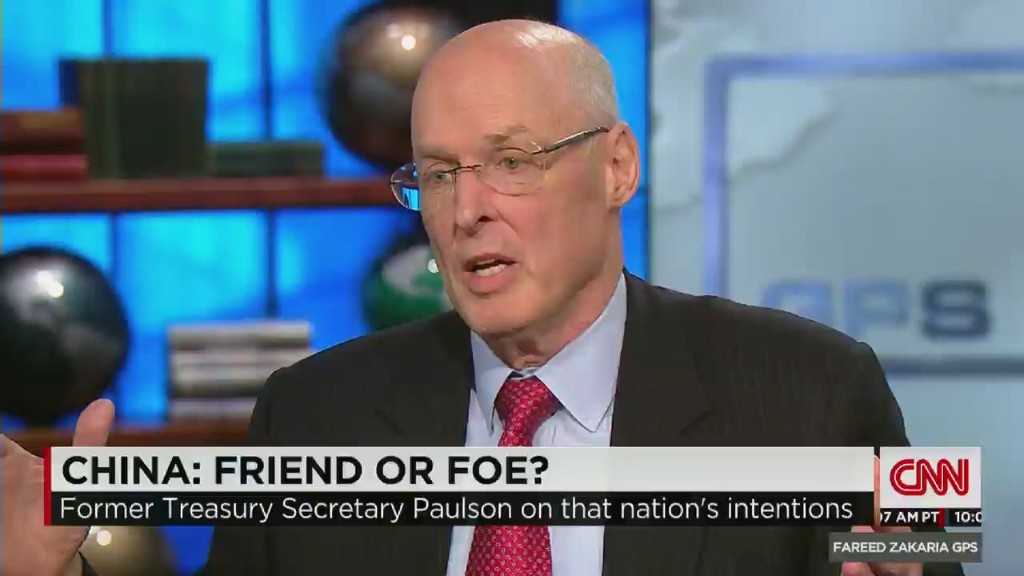
For a long time, there were no defaults in China.
When struggling companies could no longer pay the bills, a white knight of one variety or another would always appear. Typically it was the local government, riding in to offer last-minute loans that would keep moribund businesses going.
But those days appear to be over. Already this week, property developer Kaisa, and state-owned Baoding Tianwei Group, a power transformer manufacturer, have failed to make payments to creditors. No bailouts have materialized.
And that's a really good thing.
Beijing has been gradually rolling back the implicit guarantees that underpin China's financial system. Last year, bondholders were given a fright when Chaori Solar was allowed to miss a payment, becoming the first Chinese corporate to default.
In the past, Chinese investors were able to assume the government would always act as a lender of last resort, a promise that extended even to shadow banking products.
That assurance encouraged investors to ignore company fundamentals, rewarding firms that should have been punished by the market. Instead of closing up shop, bailed out firms merely added more debt to their balance sheets.
Related: China's economic growth drops to slowest pace since 2009
Former U.S. Treasury Secretary Henry Paulson, who has a long history of working with Chinese officials, warned about the lack of real risk in his new book on China.
"One of the biggest problems in China's banking system is the moral hazard created by the expectation that the government will always step in to prop up a failed institution and assume its losses," Paulson wrote.
"The many financial institutions that aren't systemically important should not be propped up by the government," he said. "They should be allowed to fail."
Beijing is likely to continue to evaluate failing companies on a case-by-case basis, according to analysts at Fitch Ratings. For now, a looming default by a large, systemically important firm would likely still result in a bailout.
"State authorities could still intervene in varying forms on a selective basis, as they gauge the impact of each default case on the debt capital market and the broader economy," Fitch said.


